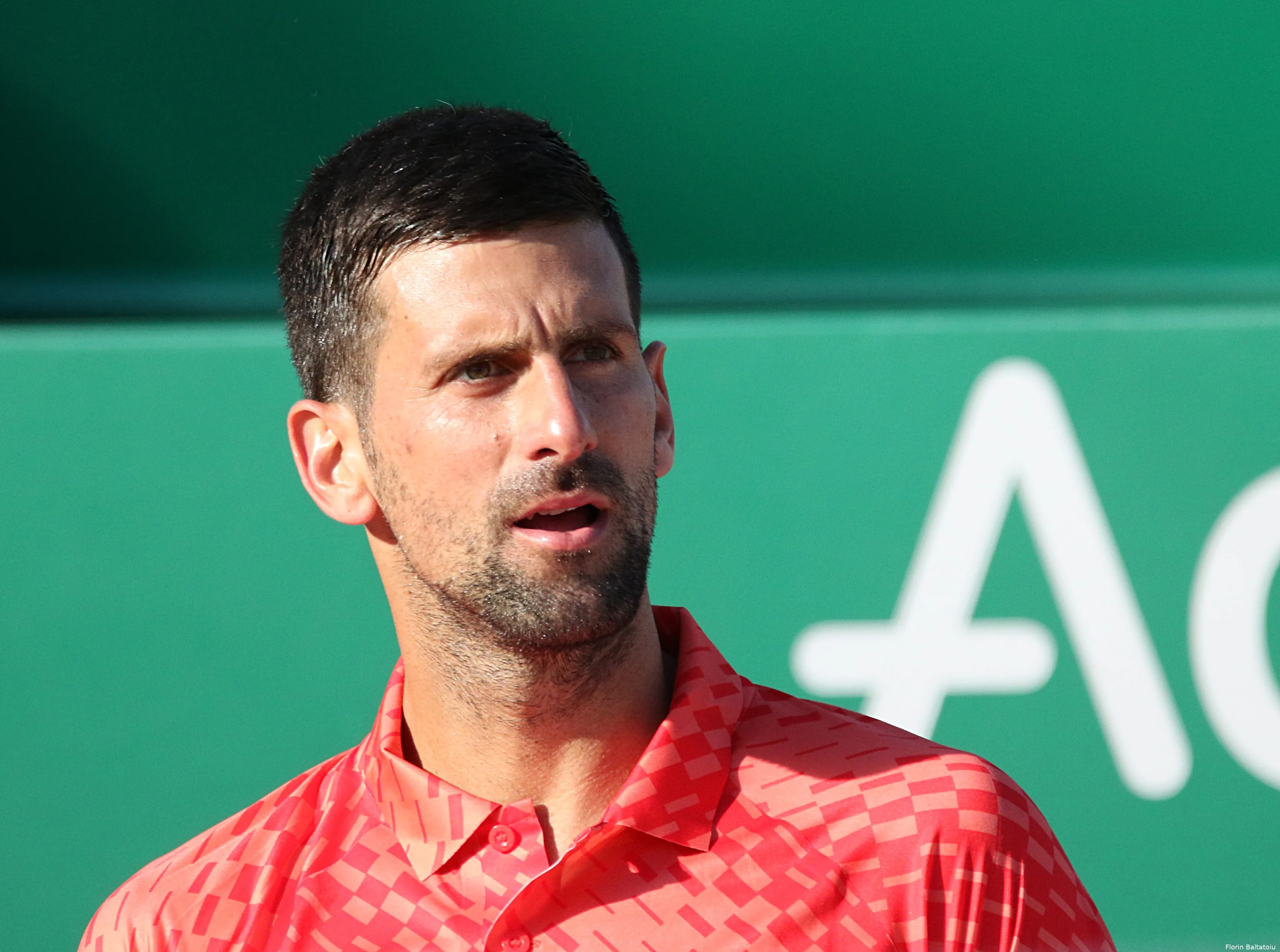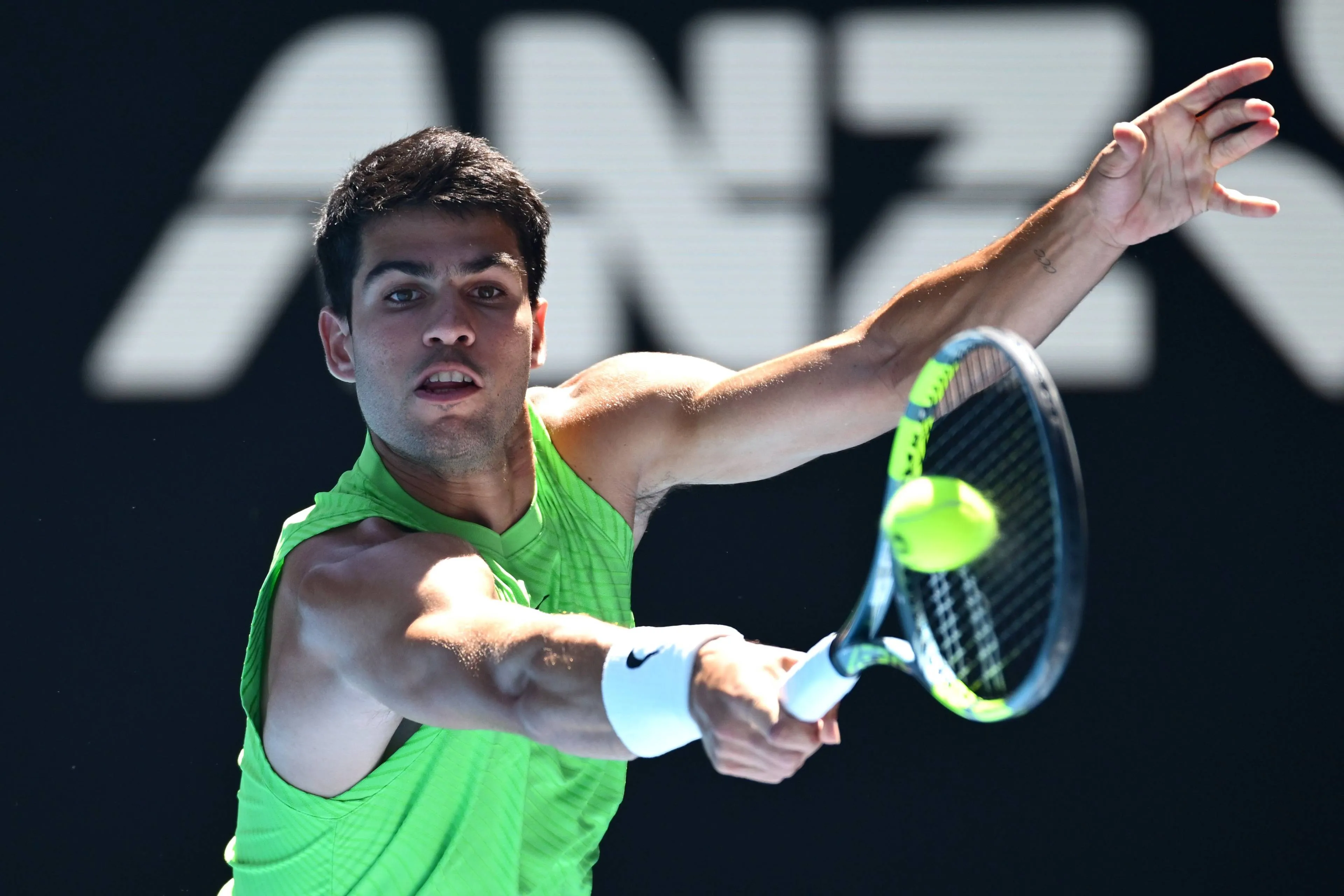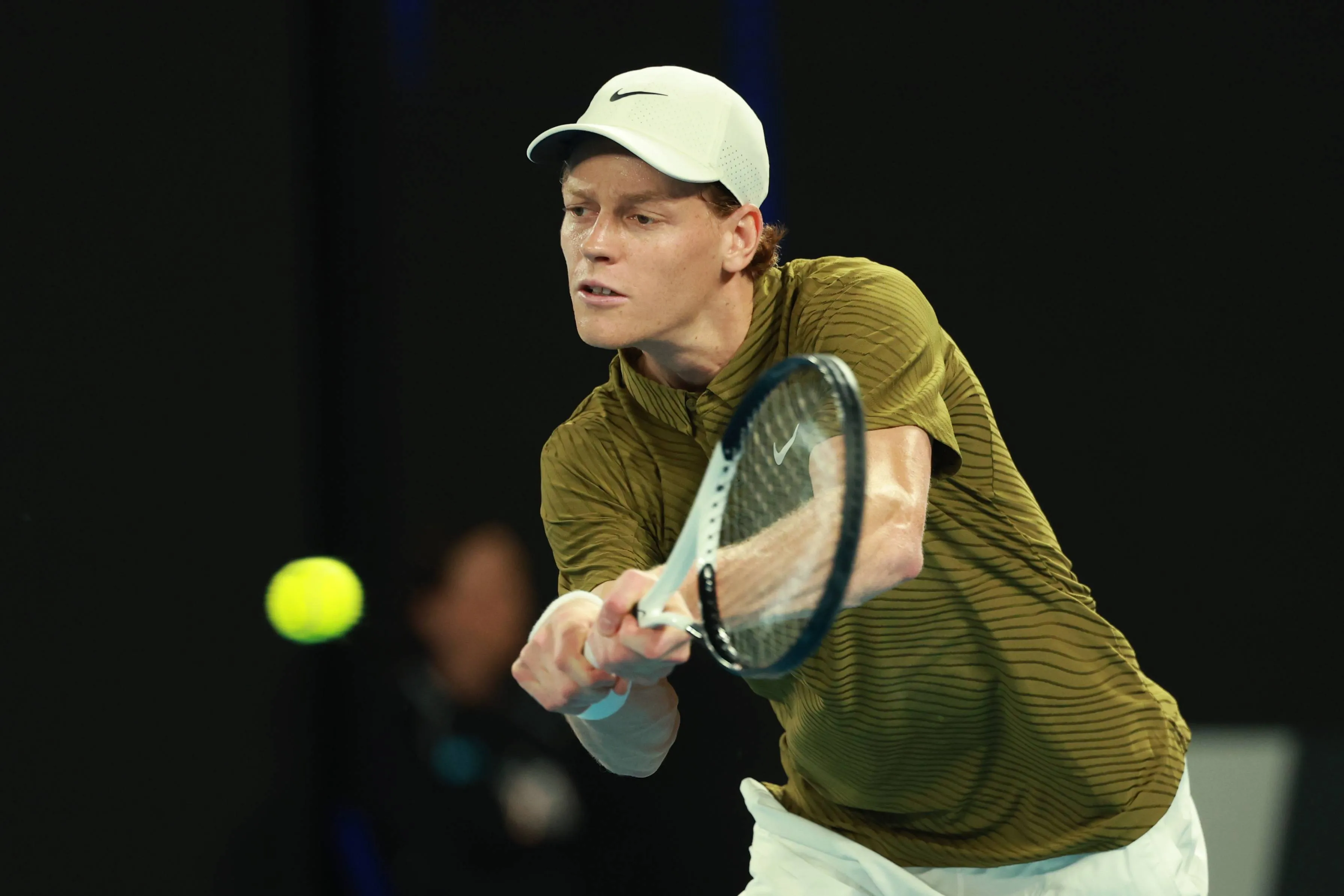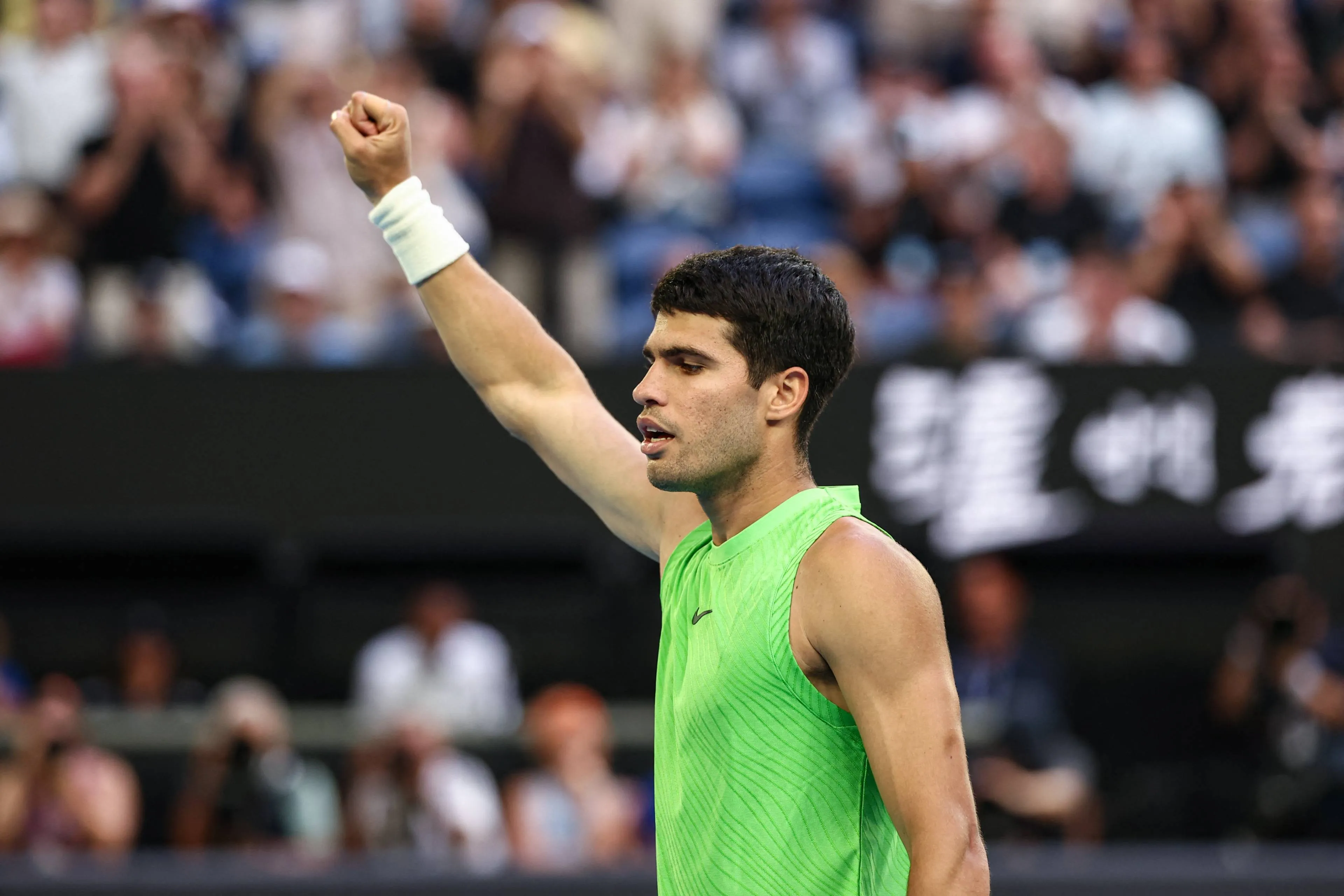'It's Fine To Lose Focus, Accept It And Come Back': Djokovic On Lessons About Mental Strength
ATPThursday, 03 August 2023 at 20:30
Updated at Tuesday, 12 August 2025 at 13:30

Novak Djokovic is often described as one of the most resilient competitors in tennis due to his unmatched mental strength, something he explained in a recent video.
In a video shared by former Basketball player-turned-entrepreneur Andrew Petcash, Djokovic explains that the human mind is designed to live the life of a time traveler and is almost invariably difficult to live the present moment without embracing the past or perceiving the future.
Djokovic then goes on to expound further on his outlook on mental strength and the lessons he has learned so far. He says mental focus is defined by how many times you pick yourself up after losing sight of what you intended to do. Djokovic adds that it is perfectly fine to lose your way sometimes and all you need to do is accept and bounce back.
Throughout his career, Djokovic's mental strength has been a cornerstone to his outstanding success on the tennis court despite critics doubting whether he was capable of ending the duopoly enjoyed by Rafael Nadal and Roger Federer when he rose to prominence. He's also been steadfast in views about many principles in life, some of which have divided opinions.
"Question of all questions is how do you stay here, in the present you know, here and now. And people have been always talking about, you know, forget about the past, don't think about the future, be in the present moment. I don't think that's possible. You know in reality because our mind, I like to call it a traveler, you know likes to travel past, present, and future all the time."
"So what I think is well, probably one of biggest lessons I have learned about, I guess, mental strength is that, you know if you lose your focus, if you, you know, you're not present, things start to go the wrong way for you, its fine. Accept it and then come back."
Djokovic then concludes his views about staying in the present moment, saying it is very difficult to do that, and resonates with those who are resilient and take the least amount of time to recover from an emotion.
"And I think that recovery of how long you stay in that emotion is what differentiates you from maybe others, you know. So I think recovery is more important than actually working hard to stay in the present because it's almost impossible to stay all the time in the present. You know we always think what's gonna happen, you know is this, am i going to win or not?”
Loading






